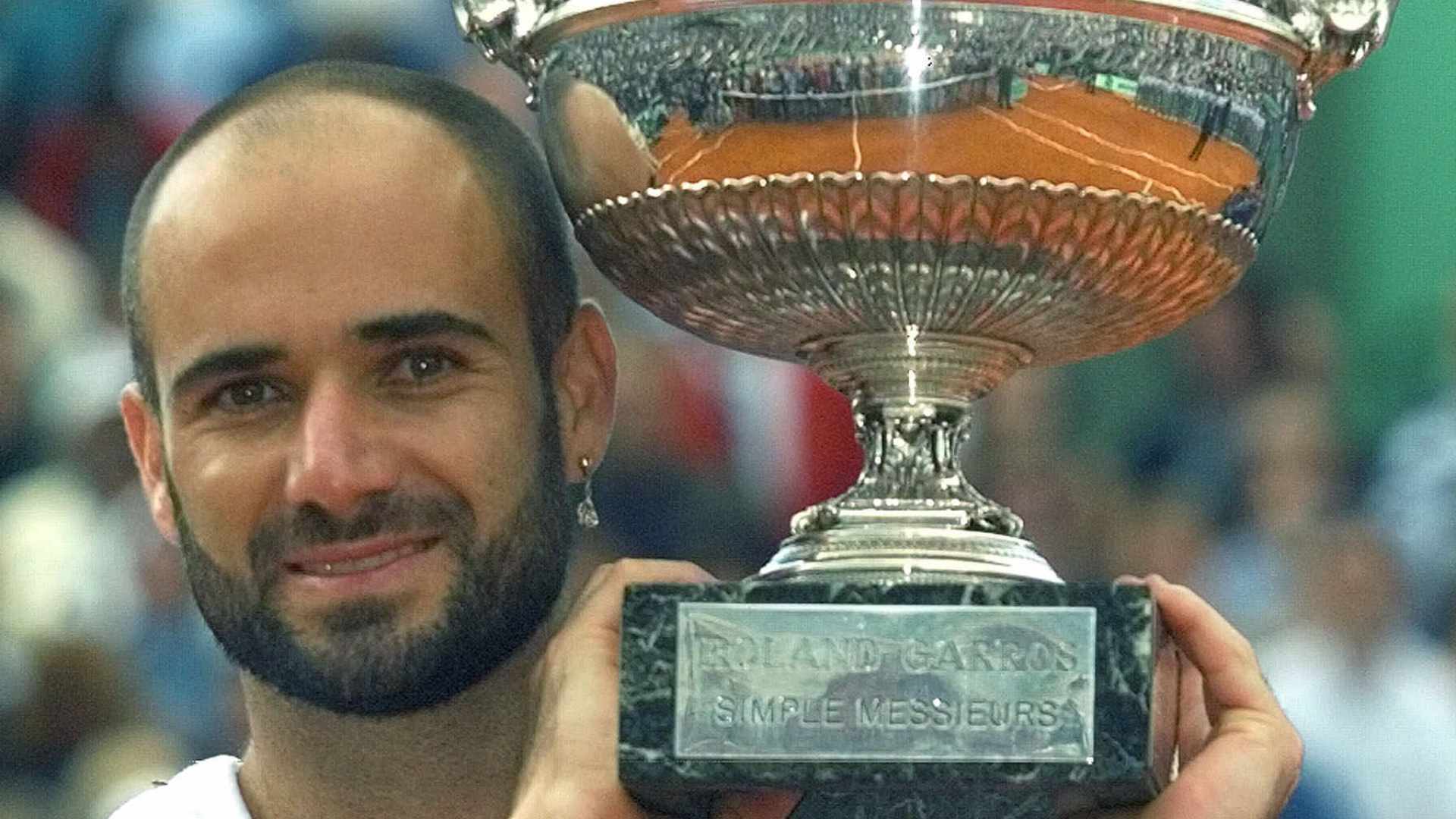


Hanging your life story on a framework like that certainly helps to move it along, take it out of the mundane, daily diary mode, but it necessarily leads to portraying complex personalities only in the context of the roles you've assigned them.Īlthough I don't live with one, I have encountered some pretty scary tennis parents in the course of the past half dozen years, and yet none of them would come close to Mike Agassi if his son's portrayal of him in the book is accurate. There are villains, heroes, foes to vanquish, heroines to woo, and it all ends happily ever after. Joel Drucker, in his excellent review of the book for the San Francisco Chronicle calls it a "confessional fairy tale," and it's hard to disagree. In others words, my reactions are complicated and contradictory, and in many ways that mirrors the book itself. It proved to be a useless attempt to organize my thoughts, because often the things I liked about it were the things I didn't like about it. As I neared the end of Andre Agassi's best-selling autobiography "Open", I had so many conflicting emotions that I thought it might help to do spreadsheet with one column for things I liked about the book and another for what I didn't like about it.


 0 kommentar(er)
0 kommentar(er)
